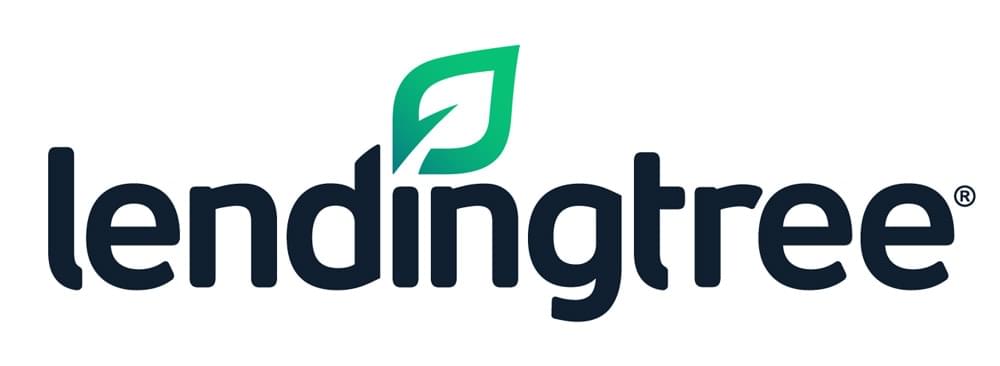



Reverse mortgages are now becoming increasingly more popular, especially amongst the senior citizen segment. Before we figure out the innate advantages of these mortgages, let us try to understand the concept in some detail:
A reverse mortgage is basically a loan available to any homeowner who is at least 62 years old. It allows the individual to convert a substantial part of the total equity in their homes into liquid cash. This type of loan is colloquially referred to as a ‘reverse mortgage’ because it is the lending institution that makes payments to its borrowers. This is opposed to making monthly payments to the lender, as is the case with the more traditional form of mortgage.
In other words, whenever you opt for a regular mortgage, you will have to pay the lending institution every month in order to buy your house over a pre-specified period of time. On the contrary, in a reverse mortgage, you will be able to acquire a loan whereupon the lender will pay you. Think of this kind of mortgage along the lines of a kind of an advance payment on the equity of your home.
Some of the top benefits of this kind of mortgage include the following:
This is one of the main advantages of a reverse mortgage. Not only can you effectively eliminate your traditional mortgage payments, but you can also access your home equity. And you can do this while you are still living inside your home. This is a great way to increase your overall spending power and also ensure a modicum of financial security for your post-retirement life.
The reverse or Home Equity Conversion Mortgage (HECM) offers a nearly unprecedented level of flexibility. In fact, this product can easily be utilized in a wide variety of diverse ways to suit the requirements of different types of borrowers.
For example, let us suppose that your household has a pressing financial need (urgent repairs in the house or marriage, for instance). In this case, a bespoke reverse mortgage plan can be tailor-made as per your exact requirements. You may also try to use it as a handy financial tool, even if you have adequate monetary resources.
When you compare it to a conventional home equity loan, your HECM loan cannot be used to take away your house for non-payment related reasons. (However, it is necessary for you to continue to pay for the regular upkeep along with all mandated taxes as well as insurance charges).
Once you decide to go for a reverse mortgage agreement, you won't ever have to pay more than the sum total value of your house, whenever you pay it back. This will be applicable even if the landing agency has paid you an amount over and above the value of your home. This would be an important benefit if you were able to secure a reverse mortgage and the curb value of your property declines for any reason.
Since the reverse mortgage is primarily a loan, you can rest assured that the amounts you receive are essentially tax-free. This is quite irrespective of the fact that you receive the money either as fixed income or even in a lump sum.
You can use the funds entirely at your own discretion. That is, you are not answerable to the lender regarding the disposal of the income. You can get a new car, go traveling, purchase a new health insurance policy, pay for your kid’s college education, or you can invest it in a business venture you like. It is all up to you.
Your home will remain yours, and you will be able to live in it for as long as you want, irrespective of the amount you secure via a reverse mortgage.
You will have the ability to use the proceeds from your reverse mortgage account to fund your day to day expenses. This way, you will be able to stave off withdrawing on Social Security or any other type of retirement fund account. In the long run, this will maximize the benefit that you get from Social Security since the later the date of withdrawal, the larger the total amount you will be able to access.
The Home Equity Conversion Mortgage is currently the most widely available form of a reverse mortgage. It is managed by the United States’ Department of Housing and Urban Affairs. This makes such a loan federally insured. In a nutshell, if your reverse mortgage lender goes bankrupt or defaults on their commitments, you will still be able to receive your due payments.
If you take your total loan amount as a line of credit for your home equity, then you can rest assured that it will grow at an annual rate. Not only will it ‘lock in’ your current house value, but at the same time, your reverse mortgage line of credit (RM-LIC) might turn out to be a whole lot bigger than future real estate values, in case the market goes through a nosedive.
You will be able to establish a growing reverse mortgage credit line that you will be able to use as and when needed. Here, the core idea is to use this credit line as a sort of safety net that will help tide you over just in case funds are ever needed.
This holds true if your stock portfolios or other money-making assets are down. In fact, you will be able to hold the fort and take care of your running expenses till your assets start to rebound.
Your reverse mortgage loan proceeds can be an ideal way to cover any unexpected cash shortfalls. Many retirement planning professionals recommend this strategy so that you will be able to hedge your bets.
In light of the above discussion, we may confidently assert that the’ Reverse Mortgage’ is one of the best ways of monetizing your biggest asset and thereby help secure your post-retirement future.



